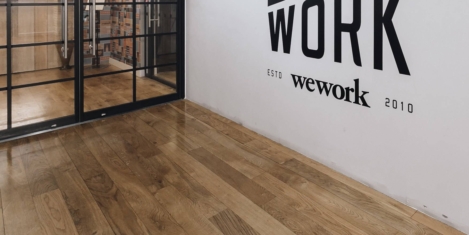October 8, 2015
Employers admit to an ad-hoc approach to flexible working practices 0
 Organisations tend to take a flexible approach to the provision of flexible working a new global report into agile working trends claims. According to a study by WorldatWork and FlexJobs, while the majority of companies surveyed (80 percent) offer flexible work to employees, only 37 percent have a formal, written philosophy or policy to support employee flexibility options. From 2011 to 2015, flexibility programs have varied according to the type of programme offered and the organization’s demographics, industry and culture, with the most prevalent flexibility programmes being telework days on an ad-hoc basis, flex time and compressed workweeks. And according to the data, mastering a culture of workplace flexibility is not something that organizations do on the first or even second try. It’s an evolutionary process that occurs as employees tap into what they need to achieve work-life effectiveness.
Organisations tend to take a flexible approach to the provision of flexible working a new global report into agile working trends claims. According to a study by WorldatWork and FlexJobs, while the majority of companies surveyed (80 percent) offer flexible work to employees, only 37 percent have a formal, written philosophy or policy to support employee flexibility options. From 2011 to 2015, flexibility programs have varied according to the type of programme offered and the organization’s demographics, industry and culture, with the most prevalent flexibility programmes being telework days on an ad-hoc basis, flex time and compressed workweeks. And according to the data, mastering a culture of workplace flexibility is not something that organizations do on the first or even second try. It’s an evolutionary process that occurs as employees tap into what they need to achieve work-life effectiveness.
































September 2, 2015
Flexible working key to counteracting female workers’ ‘baby shame’ 0
by Sara Bean • Comment, Flexible working, News, Workplace
(more…)